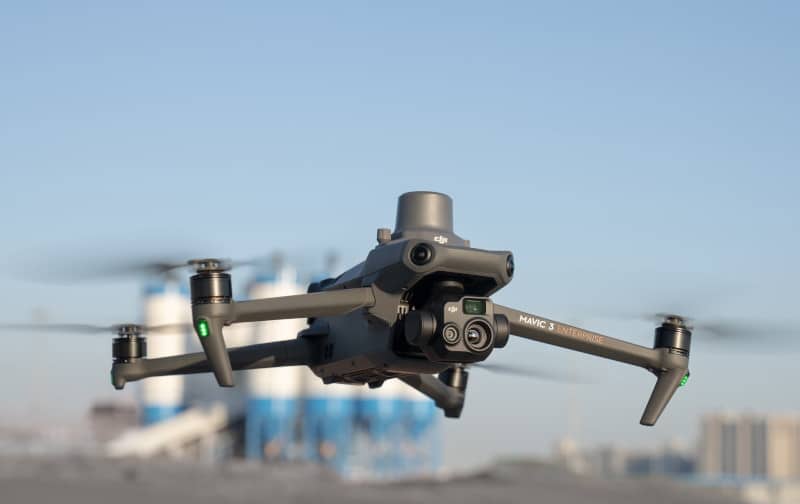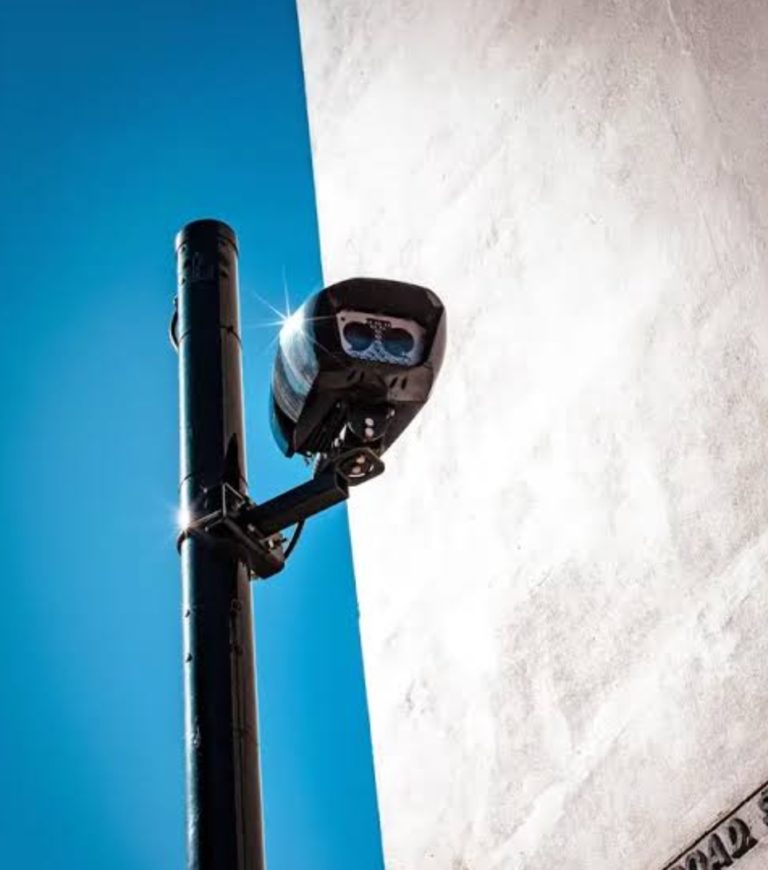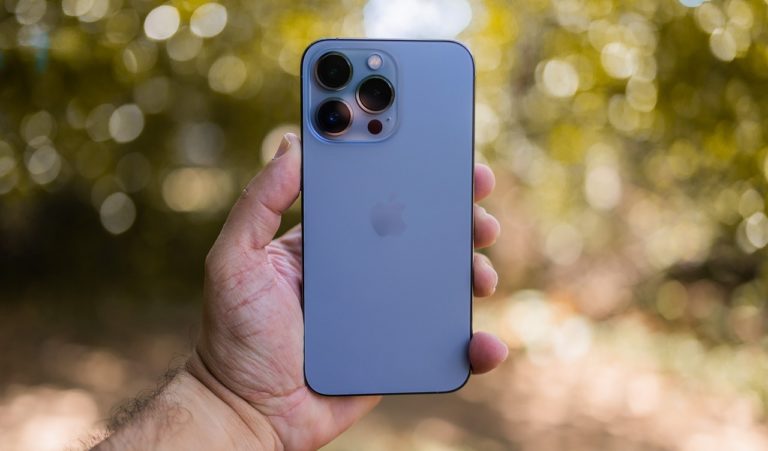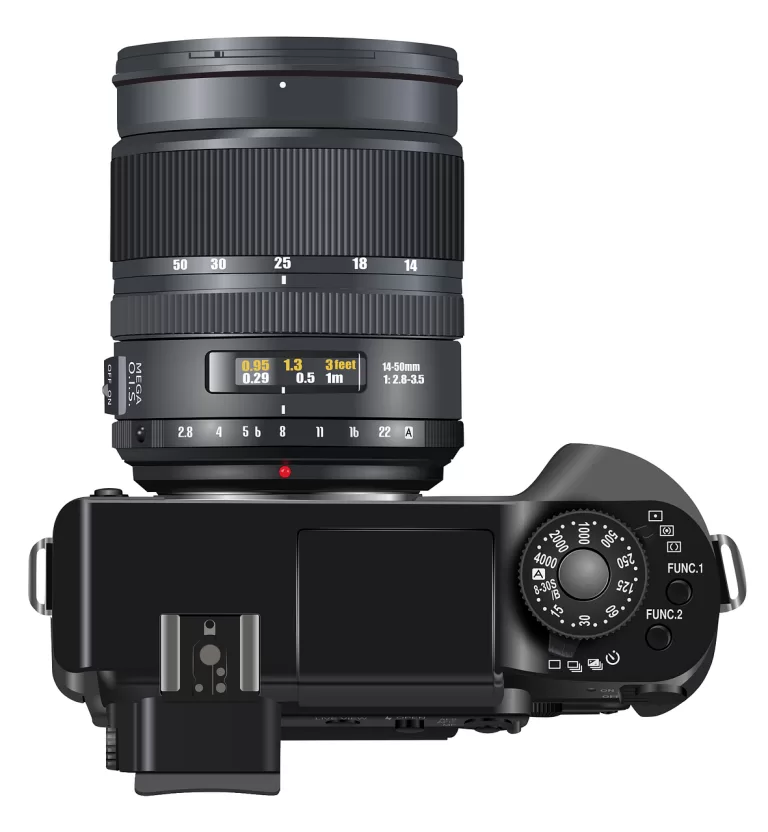Comprehensive Guide on the Thermal Drone Camera
Comprehensive Guide on the Thermal Drone Camera
Thermal drone camera is a sort of camera mounted on a drone that catches pictures utilizing infrared radiation as opposed to noticeable light. This innovation is utilized to recognize temperature varieties in the climate. Here is a breakdown of its highlights and applications:
Highlights:
– Infrared Imaging:
Thermal drone cameras identify heat and can imagine temperature contrasts, which show up as different tones in the warm range.
– Goal
:These cameras shift in goal, ordinarily estimated in pixels (e.g., 640×512). Higher goal gives more detail.
– Responsiveness:
Estimated in millikelvins (mK), it alludes to the camera’s capacity to identify minute temperature contrasts.
– Radiometric Abilities
:A Thermal drone cameras record temperature information for each pixel, considering point by point examination after a flight.
– Double Sensors:
Numerous Thermal drone cameras are joined with standard visual cameras, giving both warm and visual pictures.
– Temperature Reach:
Thermal drone cameras are intended to recognize temperatures across a wide reach, which is significant for various applications.
Applications:
– Search and Salvage:
Thermal drone robots can find individuals in low perceivability conditions, like in thick woodlands, around evening time, or during debacles.
– Building Reviews:
Used to find heat spills, protection issues, or electrical deficiencies.
– Horticulture:
They assist in observing with trimming wellbeing, recognizing water pressure, or distinguishing untamed life.
– Policing:
Utilized for reconnaissance and checking from a good ways, even in complete obscurity.
– Natural life Checking:
Can follow creatures around evening time or notice their way of behaving without upsetting them.
Thermal drone robot cameras have become progressively famous because of their capacity to give basic data continuously from an elevated perspective, making them priceless in different enterprises.
While working with thermal drone cameras, understanding their abilities and restrictions is vital to capitalizing on the innovation. Here are a few master ways to streamline your utilization of a warm robot camera:
1. Grasp Warm Goal and Responsiveness
– Goal: Higher goal sensors (like 640×512) give more itemized warm pictures, which is pivotal for errands like hunt and salvage or accuracy assessments.
– Responsiveness
: Search for a camera with high warm responsiveness (e.g., <50mK) in the event that you really want to identify little temperature contrasts, like in building reviews or farming observing.
2. Use Radiometric Cameras for Point by point Investigation
– Radiometric Abilities
On the off chance that your work requires exact temperature estimations, put resources into a radiometric warm camera. This component permits you to record temperature information for each pixel, empowering nitty gritty post-flight investigation and precise detailing.
3. Optimize Camera Settings In light of Climate
– Temperature Reach
Change the camera’s temperature reach to match the climate you are working in. For instance, restricted the reach in cooler conditions to improve contrast.
– Variety Range
Pick the right variety range (e.g., White Hot, Dark Hot, Rainbow) in view of the application. For example, White Hot is frequently liked for firefighting, while Rainbow can feature unobtrusive contrasts in temperature.
4. Influence Double Sensors
– Visual Overlay: In the event that your thermal drone camera has a double sensor (warm and RGB), utilize the visual overlay element to adjust warm pictures to visual pictures. This can make it more straightforward to distinguish explicit articles or regions in your warm film.
– Combination Mode
A few cameras offer combination modes, which mix warm and visual information. This can be especially valuable in complex conditions where unadulterated warm information
-Height and Point
Flying at lower heights and changing the camera point can upgrade the clearness and detail of warm pictures. Nonetheless, be aware of guidelines and security.
– Season of Day
: Thermal drone cameras perform best in low encompassing temperatures, so plan trips during early morning or late night. Try not to fly at early afternoon when the sun warms surfaces equally, diminishing warm difference.
– Wind and Climate
: Warm execution can be impacted by wind, mist, or downpour. Quiet and clear circumstances are great for exact warm imaging.
6. Post-Handling and Investigation
– Programming Apparatuses
: Utilize specific programming (like FLIR Devices or Pix4D) to dissect and decipher warm information. These instruments permit you to change the picture, measure temperatures, and make point by point reports.
– Abnormality Recognition
: Train yourself to perceive normal warm examples and abnormalities. For example, understanding how intensity bounces off various surfaces can assist you with separating between genuine warm marks and reflections.
7. Battery The executives
– Flight Time:
Warm imaging can deplete batteries rapidly, particularly in chilly climate. Screen your battery levels intently, and plan more limited flights or bring spare batteries.
– Pre-Warm Batteries In colder conditions, pre-warm your robot batteries to keep up with execution and stay away from unexpected power misfortune.
8. Remain Informed on Guidelines
– Consistence: Guarantee you are fully informed regarding neighborhood guidelines with respect to ramble flights, particularly while involving warm cameras for business purposes. This remembers figuring out limitations for flying over confidential property or delicate regions.
9. Preparing and Experience
– Practice
Invest energy rehearsing with your Thermal drone in various circumstances. Experience will assist you with rapidly recognizing helpful warm marks and further develop your information assortment strategies.
– Certificate
Consider getting confirmed in warm imaging or robot activity. This can work on your abilities as well as upgrade your validity for business work.
10. Upkeep and Adjustment
– Ordinary Adjustment
Consistently align your thermal drone camera to guarantee exactness. This is particularly significant assuming that you are involving the camera for basic assessments or temperature estimations.
– Focal point Cleaning
: Keep the warm focal point perfect and liberated from smears or residue, which can twist pictures.
With regards to benefiting from your thermal drone camera, there are a couple of cutting edge procedures or “hacks” that accomplished clients frequently utilize to upgrade execution, further develop information quality, and settle explicit difficulties. Here are a few less popular tips and deceives:
1. Custom Variety Ranges
– Make Custom Ranges
Numerous drone cameras permit you to transfer or make custom variety ranges custom-made to your particular necessities. For instance, on the off chance that you’re investigating sunlight based chargers, you could utilize a range that features inconspicuous temperature varieties, making it simpler to detect defective cells.
2. Utilize Intelligent Materials for Your Potential benefit
– Reflect Intensity at times, setting intelligent materials like aluminum foil close to areas of interest can assist you with seeing warm examples all the more obviously. For example, in building examinations, utilizing intelligent materials can help separate between heat sources and reflections.
3. Temperature Spotting Through Glass
– Heat Discovery
Ordinarily, thermal drone cameras can’t see through glass since glass reflects warm radiation. Notwithstanding, by utilizing a realized intensity source or focus on the opposite side of the glass, you can some of the time recognize warm changes in a roundabout way, like in a vehicle or a structure.
4. Dynamic Reach Changes
– Manual Changes
Abrogate the programmed dynamic reach settings to physically change the temperature range during flight. This can be especially valuable in complex scenes where the programmed setting could miss urgent temperature contrasts.
5. Influence Post-Handling
– Going back over Information
: Assuming your camera records radiometric information, you can go back over this information after the flight. Change the emissivity, temperature length, or apply different variety ranges to feature explicit subtleties that weren’t clear during the underlying flight.
6. Sewing Warm Pictures
– Make Warm Mosaics
Utilize particular programming to fasten together various warm pictures into a bigger mosaic. This can be especially helpful for enormous region assessments like sun based ranches, farming fields, or building veneers.
7. Double Camera Mode for Upgraded Identification
– Flip Modes Switch among warm and visual cameras quickly or mix the pictures to assist with distinguishing explicit elements. This is valuable when the warm signature is vague, and you want visual affirmation.
8. High level Flight Arranging
Pre-Plan Missions in light of Temperature
Use programming to design your flight way founded on the normal temperature profiles of the area. For instance, during an inquiry and salvage mission, plan to fly over cooler regions around evening time, as the body intensity will be more articulated against a virus foundation.
– Set Waypoints for Predictable Inclusion
: Set explicit waypoints and elevations for reliable inclusion, particularly while contrasting warm information over the long run or across huge regions.
9. Utilizing Wind for Your Potential benefit
– Smoke and Intensity Perception:
Assuming that you’re following intensity sources like flames, utilize the breeze course to assist with picturing smoke designs in warm imaging. This can provide you with a superior comprehension of how the fire could spread or where areas of interest are found.
10. Warm Picture Improvement
– Contrast BoostingIn post-handling, you can expand the differentiation of warm pictures to bring out better subtleties that may be lost in a standard warm picture.
Related Articles
Things to Know before You Buy Blink Camera Accessories
Why Some Canon Camera Accessories Are a Waste Of Money
Best Wildlife Photography Cameras 2024: Capture Nature in Stunning Detail
Top Drone Cameras for Aerial Photography: Capture the Sky Like a Pro
– Edge Discovery
Apply edge discovery channels in present handling on frame objects inside the warm picture all the more obviously. This can be especially helpful for recognizing primary components or gear.






